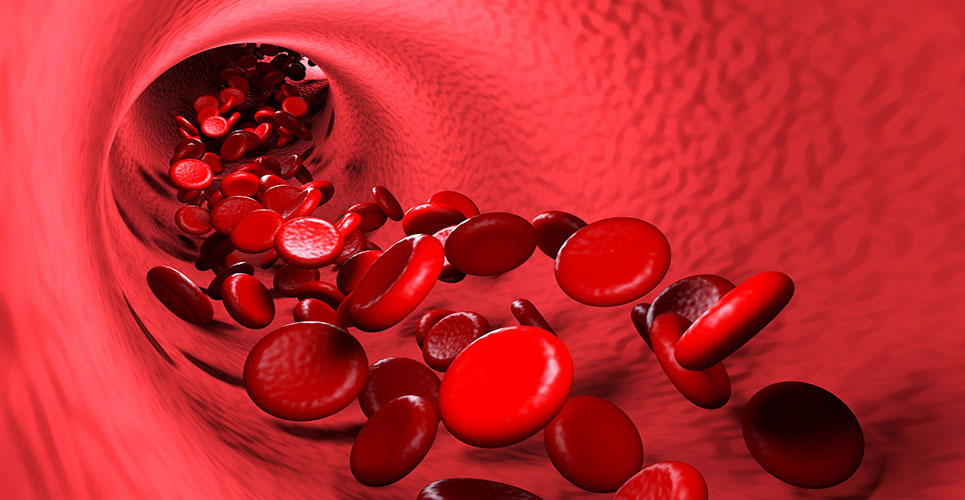teaser
Hormone replacement therapy (HRT) administered via skin patches could cause fewer blood clots than HRT given orally, according to a new report.
HRT is regularly prescribed to women suffering from the effects of the menopause, but it has been found to be associated with an increased risk of venous thromboembolism (VTE), a potentially fatal blood clot in the vein.
The new research, published in the British Medical Journal (BMJ), found that women taking the oral form of the drug were between two and three times more likely to develop a blood clot, and that the risk was significantly higher during the first year of treatment.
However, HRT given in patch form showed no significant increase in the risk of VTE.
The researchers suggest that the reason for the difference in risk of VTE between the oral and the patch form might be due to the different way oestrogen is absorbed into the bloodstream.
When taken orally, oestrogen enters through the digestive system and this process, by affecting the liver, might impair the balance between clotting and anticlotting.
Overall, the results suggest that HRT patches might be safer than oral HRT with regard to thrombotic risk, although the authors conclude that more research is needed to confirm their apparent safety.
Copyright © PA Business 2008

